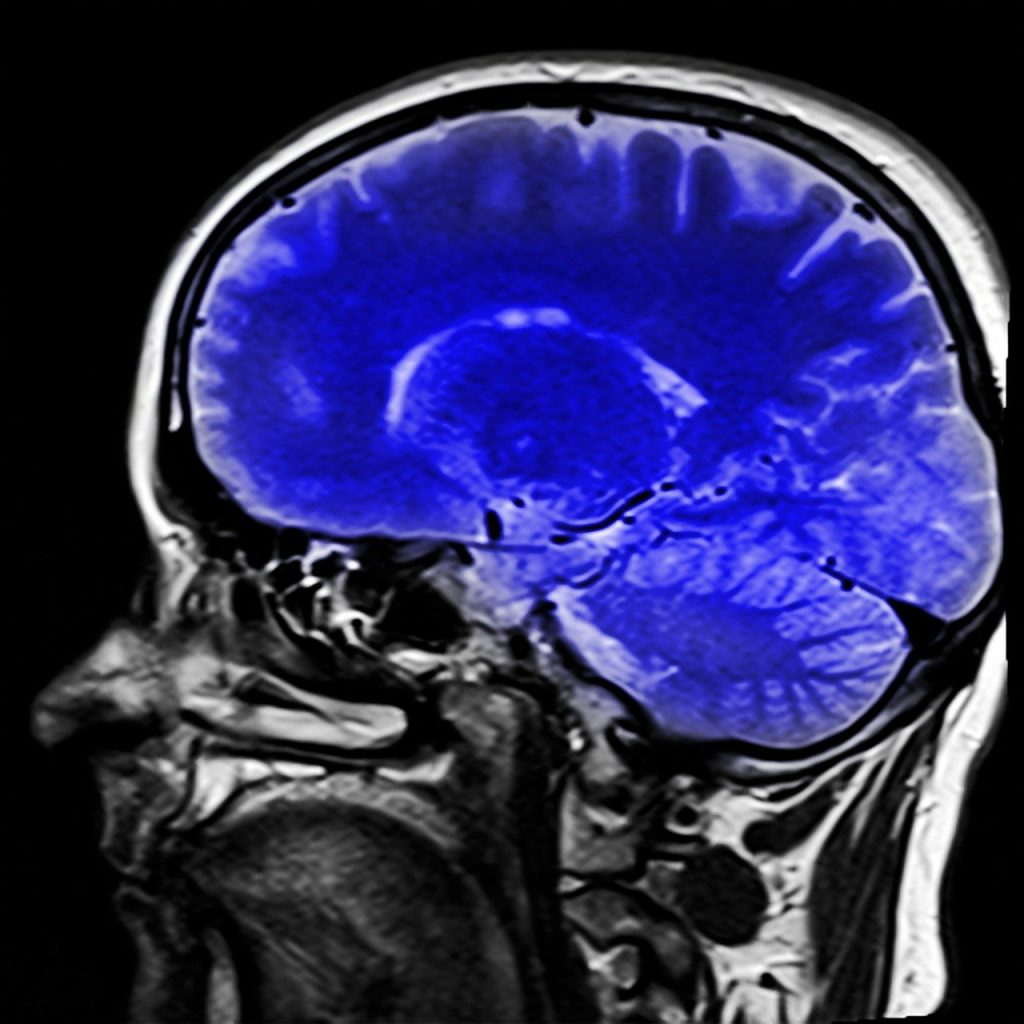The molecule Delta FosB appears to be the molecular switch for all addictions. Behavioral addictions and drug addictions share common mechanisms and result is similar brain changes. This makes perfect sense as drugs can only amplify or decrease existing physiological mechanisms. The molecule Delta FosB is a transcription factor, which means it turns genes on and off. Pseudoscientific arguments that behavioral addictions are qualitatively different or are “compulsions” rather than addictions, have no basis in hard science. You can find more studies on Delta FosB’s role in addiction here.
Delta FosB and Sexual Behavior
